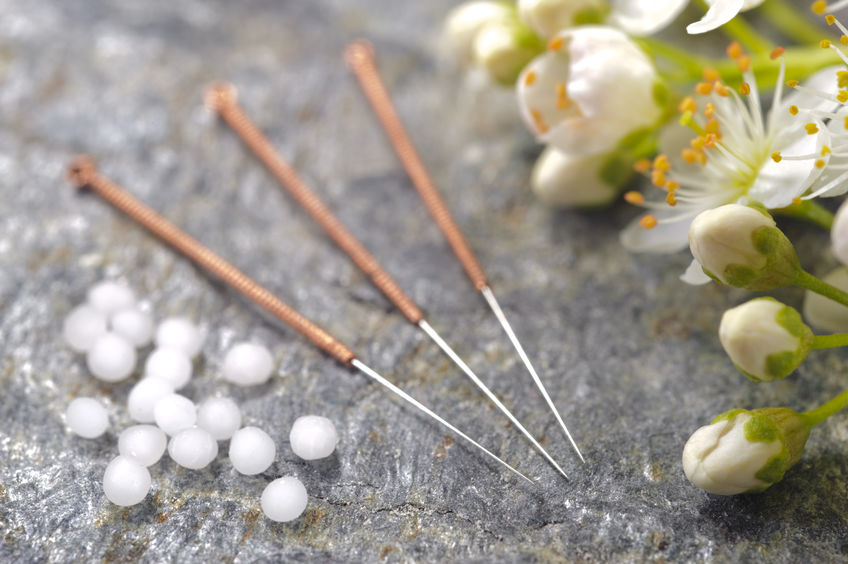Through all of the ever-changing diet fads, Traditional Chinese Medicine (TCM) has always stuck to dietary recommendations based on a person’s constitution or a diagnosis by Chinese medicine doctors and acupuncturists based on signs and symptoms, including examination of the tongue and pulse.
In Chinese medicine, the immune system is at its strongest if the body has a balance of Yin and Yang, and is full of Qi (vital energy), and blood. Fluctuations in these are constant and attributed to lifestyle and diet.
In general, there are a few main rules to the Chinese medicine diet: avoid cold and raw food and drink, eat small amounts regularly instead of large portions sporadically, and avoid excess spiciness, alcohol, and dairy.
Additionally, dietary considerations to boost the immune system should be made based off of how a person aligns with the Chinese medicine diagnosis.
Yin deficiency
A person who is deficient in Yin energy may experience night sweats, dream-disturbed sleep, sweaty hands and feet. Some foods that support Yin are artichokes, black beans, eggs, honey, kidney beans, mango, pork, watermelon, and zucchini. Avoid alcohol, caffeine, and sugar.
Yang deficiency
A person who is deficient in Yang energy may have cold hands and feet, and may feel lethargic. Quinoa, mustard greens, cherries, strawberries, shrimp, chicken, and lamb are good to tonify Yang. Cold and raw foods are especially important to avoid if you are Yang deficient.
Qi deficiency
Qi is a person’s vital energy. A deficiency of Qi might manifest as low energy, shortness of breath, pale complexion, among other symptoms. Foods that help promote Qi include ginseng and orange peel.
Blood deficiency
Blood deficiency in Chinese medicine is not the same as anemia. An anemic person may have what Chinese medicine considers blood deficiency, but being diagnosed as blood deficient doesn’t necessarily mean you have anemia. Foods to boost blood include liver, any red meat, bone marrow, figs, and black sesame.
These simple categories are just the tip of the iceberg in terms of diagnosing a patient. Outside factors like wind, dampness, heat, and cold, in addition to the level of health of specific internal organs, all contribute to the intricacies of a Chinese medicine diagnosis. An acupuncturist can best help you figure out the status of your constitution and provide more in-depth dietary recommendations, as well as supplement with Chinese herbs and acupuncture.
Nutritional counseling
Chinese medicine nutritional counseling is now available. Book online under the ‘Other Services’ drop down menu, or email us to learn more.

